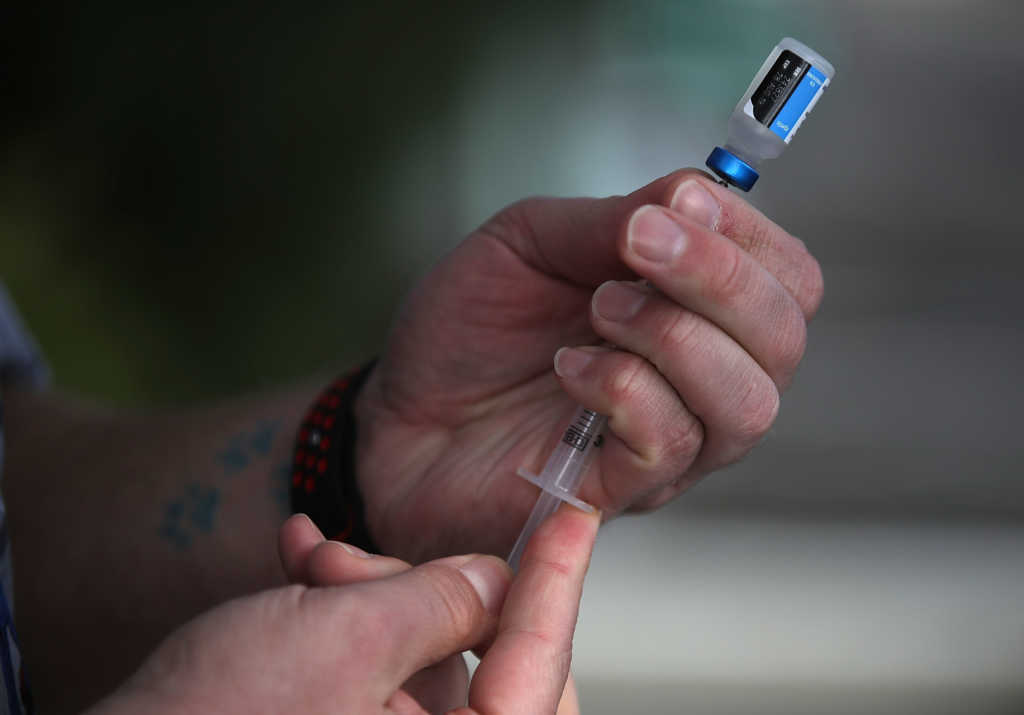A group of medics from a Toronto children’s hospital have released a shocking paper which outlines its controversial position on child euthanasia. In the paper, published at the British Medical Journal, Toronto’s Hospital for Sick Children revealed that in some cases, the young person’s parents will not be notified of the intention to end their own lives until after the death is confirmed.
Texas Judge Allows Family to Keep 9-Year-Old Daughter on Life Support After Last-Ditch Appeal
“Usually, the family is intimately involved in this (end-of-life) decision-making process,” the pediatric doctors, administrators and ethicists noted in a Sept. 21 paper published in the BMJ. “If, however, a capable patient explicitly indicates that they do not want their family members involved in their decision-making, although health care providers may encourage the patient to reconsider and involve their family, ultimately the wishes of capable patients with respect to confidentiality must be respected.”
In the east-central Canadian province of Ontario, parents are not required to be involved in any “capable” child’s decision to refuse further treatment. Therefore, they argue, there is no legal reason to require parent involvement in assisted suicide, according to the Catholic Register.
It is a terrifying prospect – that a child could choose to engage in physician-assisted suicide without the involvement of their own parents. Obviously, this has caused grave concern among certain ethicists and pro-life researchers.
“It is not difficult to imagine how such a protocol could wreak havoc on society,” commented Monica Burke, a research assistant in the DeVos Center for Religion and Civil Society at The Heritage Foundation. “When a culture differentiates between lives worth living and lives worth ending, the consequences to vulnerable populations—the young, the old, the sick, and disabled—are disastrous.”
Burke added that, as a result of the twisted and dark progression of euthanasia legislation, “those who most require our compassion and protection become the most likely to be pressured to prematurely end their lives.” We can be sure that a truly heinous cultural moment has arrived when children are offered “suicide assistance” instead of “suicide prevention.”
The scholar noted that this Canadian hospital’s ethically bankrupt policy is a clear-cut signal that there is now “no natural, logical limit to who qualifies for physician-assisted suicide.” Assisted suicide is on its way to becoming utterly indiscriminate, with little legal constraint and a subsequent whittling away of the sanctity of life.
But despite Canada’s insatiable penchant for liberalizing euthanasia laws, a damning study published by the Canadian Institute for Health Information revealed that a mere 15 percent of dying Canadians have access to quality palliative during the last year of their life. Indeed, it is clear that the legislative emphasis has been placed on the ending of life, rather than the sustaining of it.
“We all know that in Canada, an ER visit for a frail elderly person (the main clientele for palliative care) means lying on a gurney in a hallway for hours,” wrote André Picard at Canadian newspaper, the Globe and Mail. “That is the last place a dying person – often confused, incontinent and in pain – should be. This kind of humiliation is untenable and we should be ashamed at how commonplace it is.”
Earlier this year, a leading American bioethicist backed a Dutch law that effectively eradicates all age limits for euthanasia – meaning children can be medically, and legally, executed. Presently, euthanasia in The Netherlands is legal starting at age 12. You would expect that American experts would be appalled by this law, but that’s not the case. U.S. Ethics Professor Margaret P. Battin actively supported it, and essentially advocated for the 2004 infant euthanasia policy called the “Groningen Protocol.”
The Protocol contains directives with criteria under which physicians can perform “active ending of life on infants” without fear of prosecution.
“I generally support [the] change in Dutch law governing eligibility for euthanasia. Given that euthanasia is currently legal for infants <1 year of age and children and adults >12 years of age, I believe that opponents would have to show evidence that at least 1 and perhaps many of the following propositions are true if they are to persuade you [a hypothetical Dutch health minister] not to support the change in the law,” Prof. Battin said in a roundtable discussion on the issue in the Pediatrics journal.
Battin then listed a few shocking propositions that must be proved wrong, one of which being, “parents aren’t harmed by seeing their children suffer.” So, if a parent feels that they are suffering from the sight of their child going through pain, it is OK to “put them down.”
Euthanasia is illegal in most of the United States, with exceptions made in California, Colorado, Oregon, Vermont, Hawaii and Washington.



